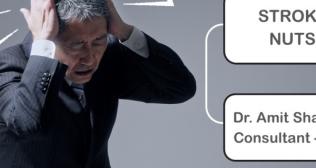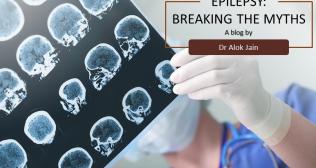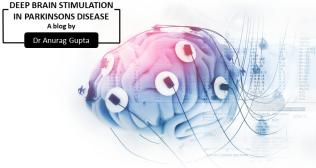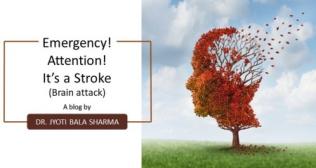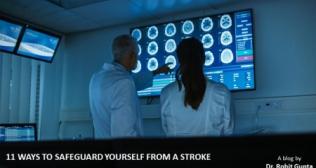
Pain, Tingling, and Numbness: Could it be Peripheral Neuropathy?
Pain, tingling, and numbness are common symptoms of peripheral neuropathy, a condition that affects the peripheral nerves outside the brain and spinal cord. Peripheral neuropathy can result from various underlying causes and can affect different parts of the body.
Peripheral Neuropathy: Peripheral neuropathy refers to damage or dysfunction of the peripheral nerves, which transmit signals between the central nervous system (brain and spinal cord) and the rest of the body. It can affect sensory, motor, and autonomic nerves, leading to a wide range of symptoms.
Here's some information about peripheral neuropathy and its symptoms:
Pain: Peripheral neuropathy often causes pain, which can vary in intensity and can be localized or spread along the affected nerves.
Tingling and numbness: Many individuals with peripheral neuropathy experience tingling sensations (often described as "pins and needles") and numbness in the affected areas.
Muscle weakness and coordination problems: Peripheral neuropathy can lead to muscle weakness, difficulty with coordination, and impaired balance. This can impact mobility and fine motor skills.
Autonomic symptoms: Some individuals may experience autonomic symptoms, such as changes in blood pressure, heart rate, digestion, or sweating. These symptoms can include lightheadedness, dizziness upon standing, constipation, urinary problems, and excessive sweating or lack of sweating.
Some Causes That Lead To Peripheral Neuropathy
Peripheral neuropathy can be caused by various factors, including Uncontrolled sugars (Diabetes), Certain infections-such as Lyme disease/Hepatitis/HIV-AIDS, Autoimmune conditions like rheumatoid arthritis, shingles or HIV/AIDS, Deficiency in vitamins or other nutrients, Toxin exposure- heavy metals or chemicals. Even conditions like kidney disease, liver disease, hypothyroidism, and cancer can be associated with peripheral neuropathy.
Diagnosis and Treatment: Diagnosis of peripheral neuropathy typically involves a comprehensive medical history, physical examination, and may include Nerve conduction studies (NCS/EMG) & SUDOSCAN (Newer innovation for Small Fiber Assessment), blood tests, other specialized tests. Identifying and addressing the underlying cause is crucial for appropriate management.
Final Words
If you are experiencing pain, tingling, numbness, or other symptoms suggestive of peripheral neuropathy, it is important to consult with a healthcare professional for proper evaluation and diagnosis. They can provide guidance and recommend appropriate treatment options based on your specific situation.
Categories
Clear allMeet the doctor

- Neurology | Neurology
-
12 Years
-
900











